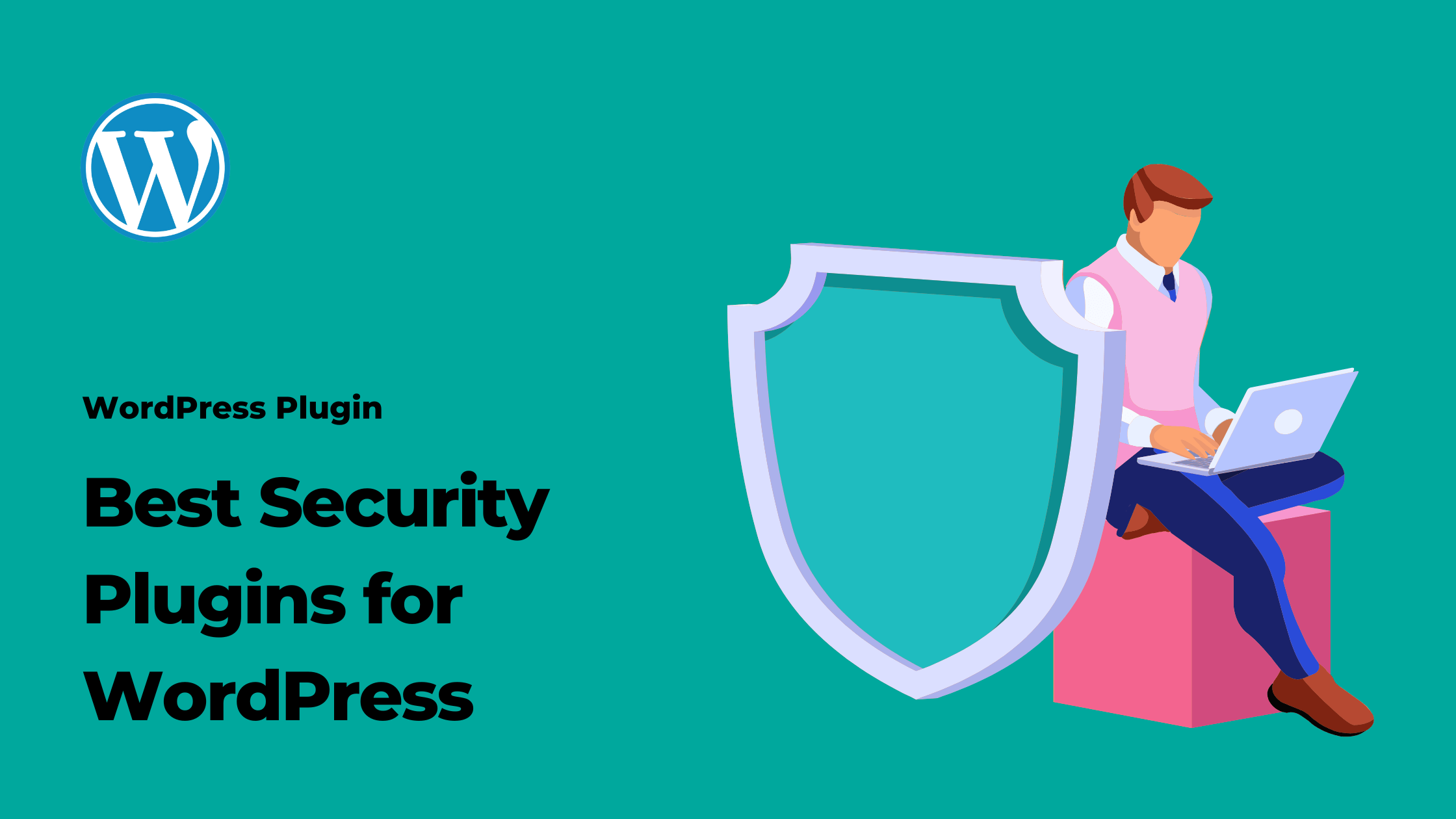As the popularity of WordPress continues to grow, so does the need for website owners to prioritize security measures. With cyber threats becoming more sophisticated, it is crucial to protect your WordPress site from potential vulnerabilities. In this article, we will explore the best security plugins available to safeguard your website and provide you with peace of mind.
Why is WordPress vulnerable to security threats?
WordPress is an open-source platform, which means its source code is accessible to everyone. While this allows for flexibility and customization, it also makes WordPress vulnerable to security threats. Hackers can exploit vulnerabilities in outdated plugins, themes, or even the WordPress core itself. Additionally, weak passwords and lack of regular updates can leave your website susceptible to attacks. Therefore, it is essential to take proactive measures to protect your website from potential security breaches.
Understanding the importance of security plugins
Security plugins play a crucial role in fortifying your WordPress site against various threats. They act as a shield, safeguarding your website from malicious attacks, unauthorized access, and other vulnerabilities. Security plugins offer features such as malware scanning, firewall protection, login security, and real-time monitoring. By utilizing these plugins, you can significantly reduce the risk of your website falling victim to cybercriminals.
Factors to consider when choosing a security plugin for WordPress
When selecting a security plugin for your WordPress site, it is essential to consider several factors. Firstly, ensure that the plugin is regularly updated to combat the latest security threats. Look for plugins that offer a comprehensive set of features, including malware scanning, firewall protection, and login security. It is also crucial to choose a plugin that is user-friendly and does not affect the performance of your website. Lastly, consider the reputation and reviews of the plugin to ensure its reliability and effectiveness.
Top security plugins for WordPress
- Wordfence Security: Wordfence Security is one of the most popular security plugins for WordPress. It offers a wide range of features, including malware scanning, firewall protection, and login security. The plugin also provides real-time monitoring and alerts to keep you informed about any potential threats to your website.
- Sucuri Security: Sucuri Security is another highly recommended security plugin for WordPress. It offers features such as malware scanning, security hardening, and website firewall. The plugin also provides a detailed activity log and allows you to blacklist or whitelist IP addresses for added security.
- iThemes Security: Formerly known as Better WP Security, iThemes Security is a comprehensive security plugin that offers various features to protect your WordPress site. It includes features such as malware scanning, brute force protection, and two-factor authentication. The plugin also allows you to schedule regular backups of your website.
Features and benefits of the best security plugins
The best security plugins for WordPress offer a range of features and benefits to enhance the security of your website. These plugins provide real-time monitoring, scanning your website for any potential malware or vulnerabilities. They also offer firewall protection, blocking suspicious IP addresses and protecting your site from unauthorized access. Additionally, security plugins provide login security, preventing brute force attacks by limiting login attempts and enforcing strong passwords. By utilizing these plugins, you can ensure the integrity and safety of your WordPress site.
Additional measures to enhance WordPress site security
While security plugins are essential for protecting your WordPress site, there are additional measures you can take to enhance security further. Regularly updating your WordPress core, themes, and plugins is crucial to patch any vulnerabilities. It is also recommended to use strong and unique passwords for all user accounts and enable two-factor authentication where possible. Implementing a website backup strategy and storing backups in off-site locations can also help protect your data in case of a security breach. Lastly, consider using a reputable hosting provider that offers robust security measures.
Best practices for maintaining a secure WordPress site
In addition to using security plugins and implementing additional measures, there are best practices you should follow to maintain a secure WordPress site. Regularly monitor your website for any suspicious activity or unauthorized access. Keep your plugins and themes updated to ensure they have the latest security patches. Remove any unused or outdated plugins to minimize potential vulnerabilities. It is also crucial to educate yourself and your team about security best practices and stay up to date with the latest security trends and threats.
Conclusion and final thoughts
Securing your WordPress site should be a top priority to protect your valuable content and maintain the trust of your visitors. By utilizing the best security plugins available, implementing additional security measures, and following best practices, you can significantly reduce the risk of your website falling victim to cyber threats. Remember to regularly update your plugins, themes, and WordPress core, use strong passwords, and stay informed about the latest security trends. With the right security measures in place, you can safeguard your website and focus on what matters most – providing valuable content to your audience.
